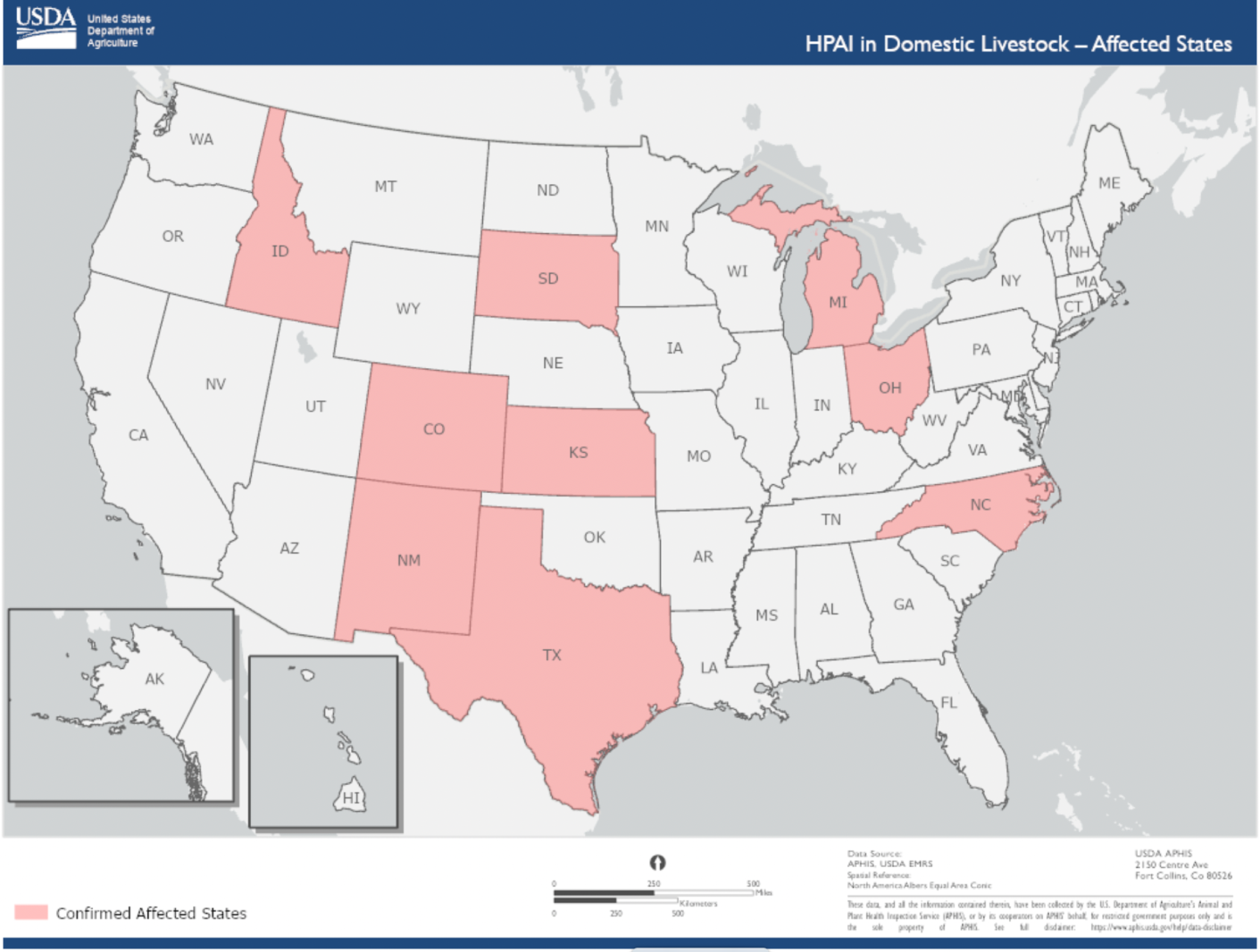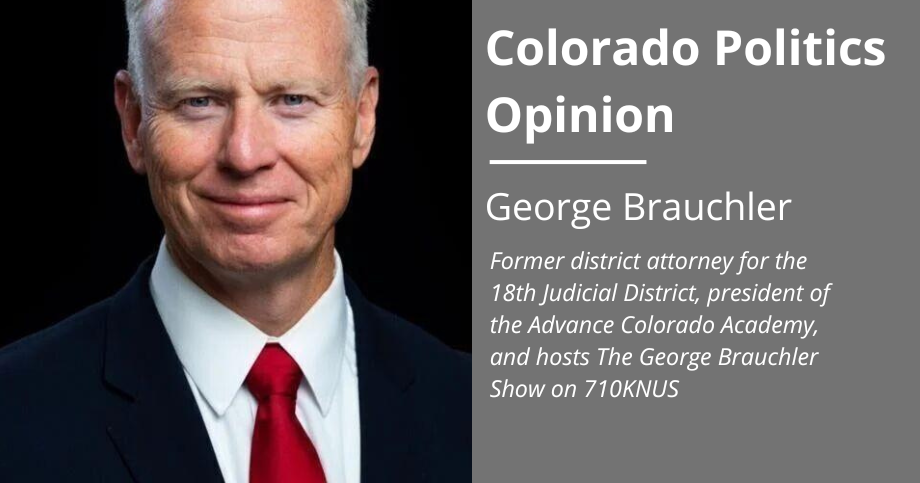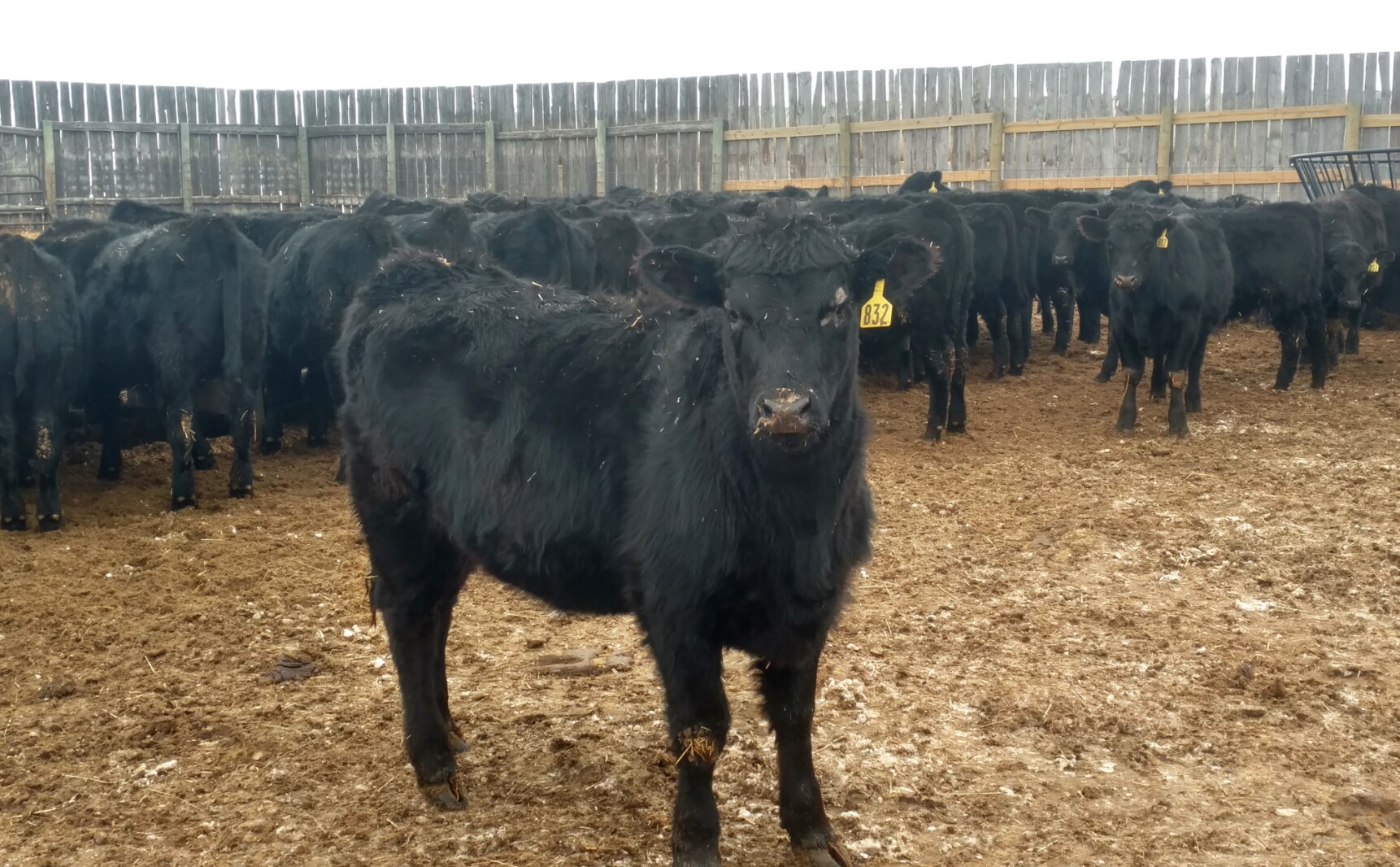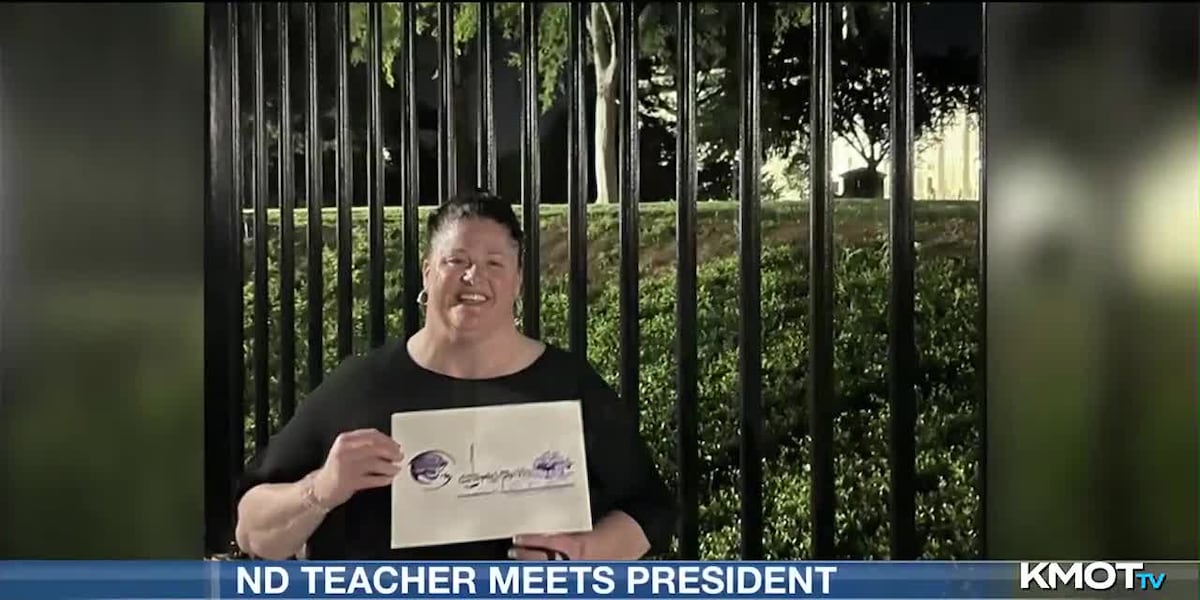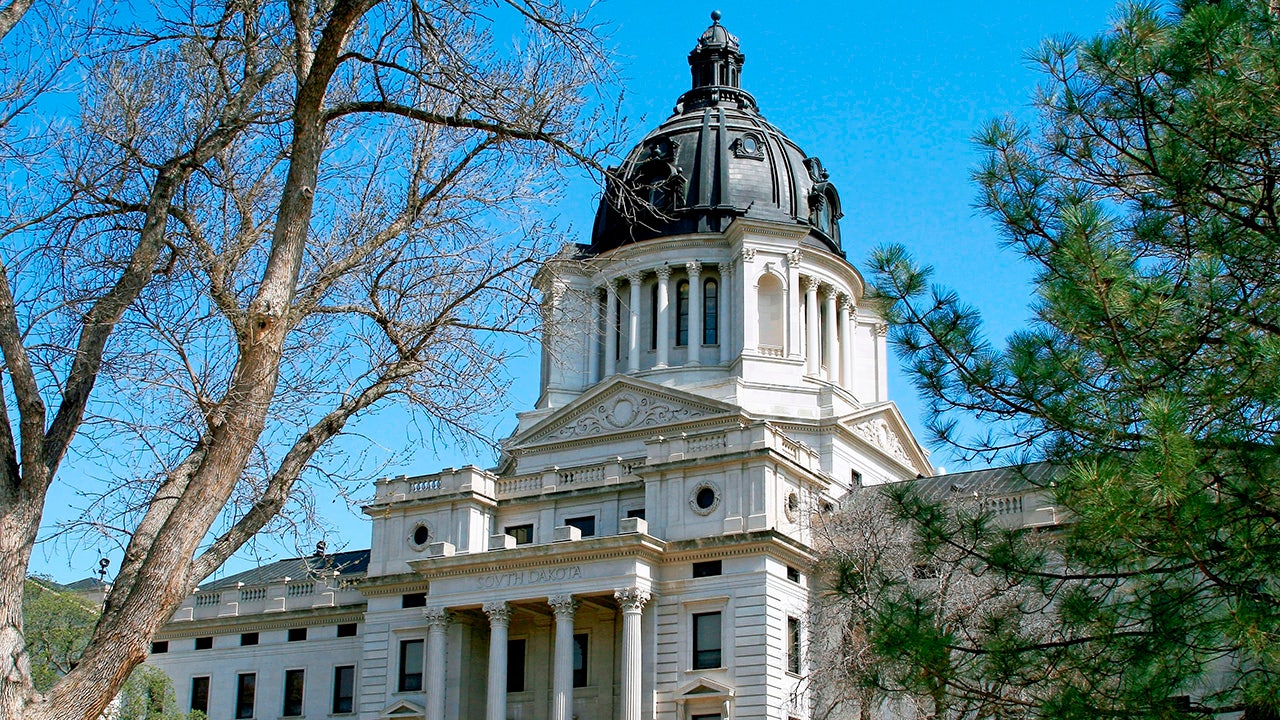North Dakota
Omdahl: Poll clarifies opinion on Legacy Fund
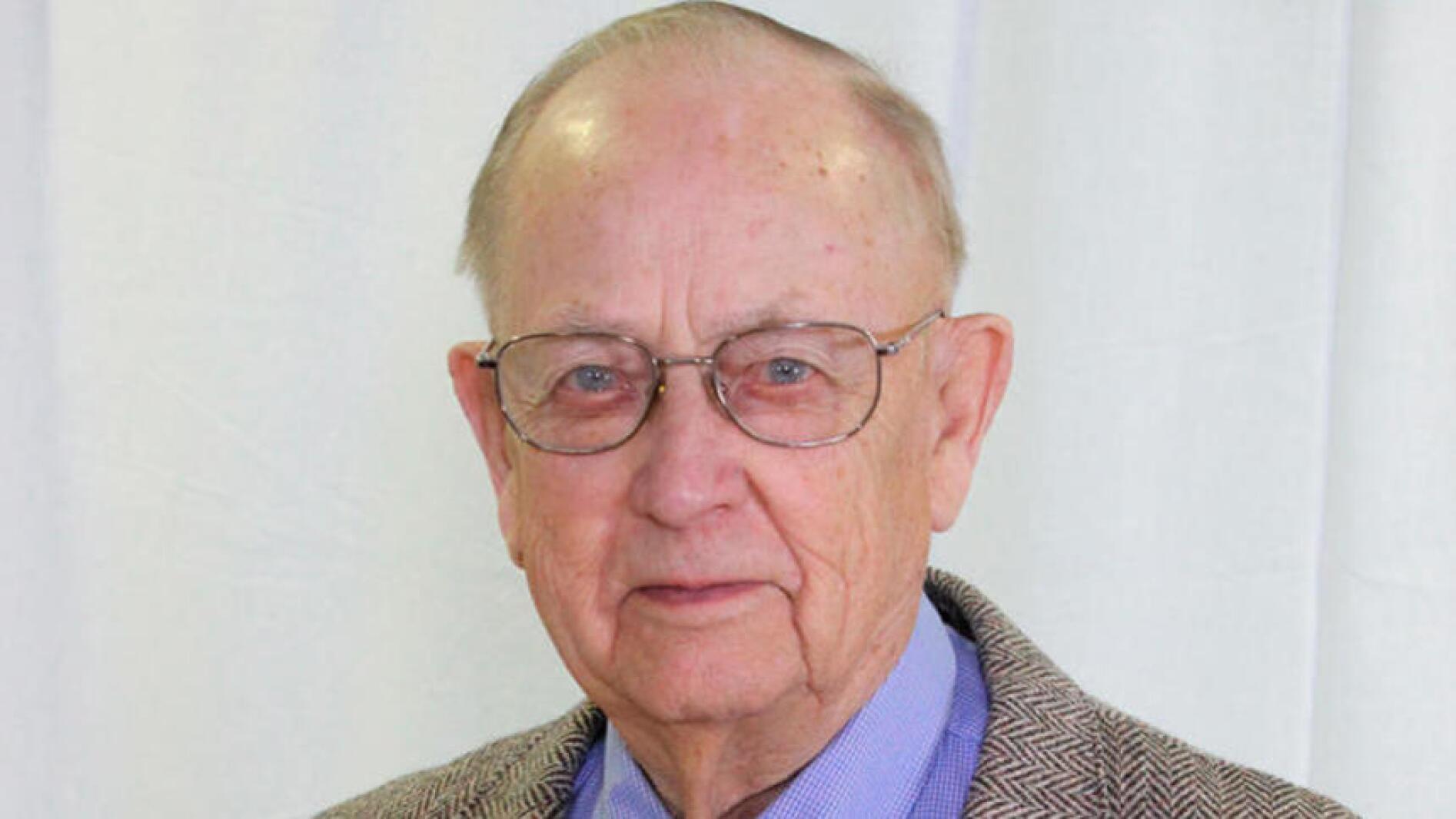
A new scientific poll underwritten by the North Dakota News Cooperative has finally cast some light on citizen opinions about this $10 billion Legacy Fund filled primarily by oil and gas money.
The money did not come from the backs of those “hard-working citizens” often used in political rhetoric but it is money owned by everyone in North Dakota. Therefore, everyone has a stake in the use of the fund.
Having taught polling at the University of North Dakota, I offer some cautionary advice. The reliability of polls – even though scientifically structured – can be affected to some degree by the nature of the subjects being polled.
In his narrative, Michael Standaert of the NDNC points out that 75% of the people polled admited a level of ignorance on the subject of Investment board activities. Of course, the board has not done much to close the information gap between the Investment Board and the people.
Because the people have been in the dark, their judgment on some issues must be taken with a bit of cognitive salt.
An outcropping of North Dakota parochialism appeared when 60% said they want the Legacy Fund investing not in out-state or out-of-hemisphere, but in North Dakota development projects, with only 18% favoring investment any where we can get the best return.
Throw this on the biennial carousel and we will get political outriders exploiting the revenue losses resulting by investing in only North Dakota because it will be important money on the campaign circuit.
In the poll, 84% want more transparency of investments, primarily publication of the lists of investment. According to lead pollster Trevor Smith of WPA Intelligence, “this is an important governing board but it’s a mystery to most voters.”
When I chaired the Investment Board in the mid-80s, I found that investing was more complex than it appeared on the surface, with the board relying heavily on the professional advice of experienced consultants.
Over the years, legislators have add their confusion to the administration of investments by putting themselves on the board, no doubt thinking that their imperial status would intimidate the non-legislative members of the Board.
As of now, the Legislature has wedged two members onto the board with efforts to expand its foothold in upcoming sessions.
It has forgotten that in our three-branch government the Legislature determines policy and the executive executes policy. The presence of legislators on this administrative board is a violation of separation of powers.
When so little information flows through the state about the Investment Board functions there is little political accountability for transgressions in the underbrush. Legislators can – and do – violate the basic tenets of the Republic.
Hopefully, the poll will lead to a greater state discussion of this wealth that has mortified us into inaction.

North Dakota
Cropland values increase across North Dakota

BISMARCK, N.D. (KFYR) – Just like everything else, inflation has impacted cropland prices, especially in the last couple of years.
NDSU Extension says over time, cropland values have increased. Part of that is the advances in technology and yield increases have gotten better over the years.
“It seems like right next to town, so like Bismarck, Minot, Fargo, some of those areas, we’ve got enough urban sprawl that is going on. I know even looking on some of the land values just a couple miles out of Bismarck, it went from $2,300 an acre, all of a sudden it’s upwards of $7,000 to $20,000 an acre,” said Tyler Kralicek, NDSU extension agent.
NDSU Extension says North Dakota cropland values increased 11.59% heading into the spring of 2024. The eastern part of the state is seeing more of an increase in land values.
Copyright 2024 KFYR. All rights reserved.
North Dakota
Ten apply for North Dakota Board of Higher Education seat
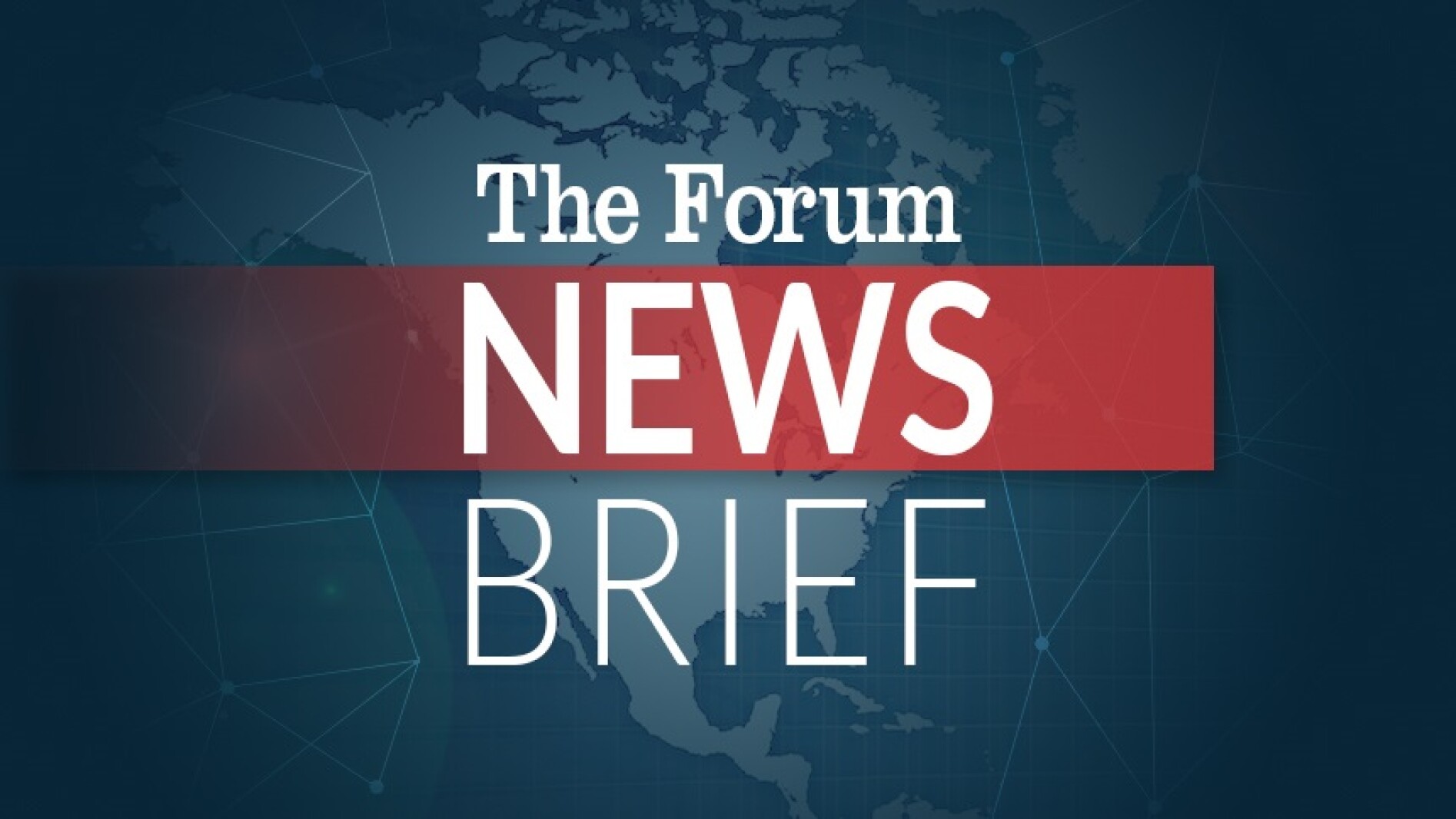
BISMARCK — Ten people applied for a seat on the North Dakota Board of Higher Education, which opens on July 1.
According to a press release from the North Dakota Department of Public Instruction, candidates are:
- Autumn Bennett, middle/high school music and math teacher, Cavalier Public School, Walhalla.
- Donald Campbell, Vice President/Chief Human Resources Officer, Sanford Health, Mandan.
- Alan Goos, electrician, Advanced Electrical Systems, West Fargo. Residence in Fargo.
- Kari Cutting, consultant and former vice president of North Dakota Petroleum Council, Beulah.
- Nadine Hagen, speech language pathologist, Underwood Public School, Turtle Lake.
- Christie Jaeger, farmer, rancher and crop insurance adjuster, Esmond.
- Wendy Kopp, chief nursing officer, Sanford Health, Bismarck.
- Ruth Plenty Sweetgrass-She Kills, director of food sovereignty, Nueta Hidatsa Sahnish College, New Town.
- Patrick Sogard, owner and chairman, American State Bank & Trust Co., Williston.
- Stan Schauer, director of assessments, North Dakota Department of Public Instruction, Bismarck.
Board members can serve two consecutive four-year terms. The person appointed to the board will succeed John Warford, board vice chair, who is not seeking a second term.
Members of the board are appointed by the governor. A nominating committee, chaired by State School Superintendent Kirsten Baesler, screens candidates.
The committee is scheduled to meet on Wednesday, May 8, to discuss applications and recommend finalists to Gov. Doug Burgum.
Our newsroom occasionally reports stories under a byline of “staff.” Often, the “staff” byline is used when rewriting basic news briefs that originate from official sources, such as a city press release about a road closure, and which require little or no reporting. At times, this byline is used when a news story includes numerous authors or when the story is formed by aggregating previously reported news from various sources. If outside sources are used, it is noted within the story.
North Dakota
North Dakota state rep found guilty of misdemeanor charge tied to budget votes and building
BISMARCK, N.D. (AP) — A jury in North Dakota on Friday convicted a state lawmaker of a misdemeanor in connection with a state-leased building he has ownership ties to. A legislative leader said he disagrees with the verdict and plans to review the statute and rules involved.
Republican Rep. Jason Dockter, of Bismarck, was charged in December 2023 with speculating or wagering on official action. He pleaded not guilty. The charge has a maximum penalty of 360 days in jail and/or a $3,000 fine. Dockter declined to comment on the verdict but said he will consider an appeal. His sentencing has yet to be scheduled.
A criminal complaint alleged that, as a member of the North Dakota House of Representatives, Dockter voted “on legislative bills appropriating money to pay for property he had acquired a pecuniary interest in,” against the law and legislative rules. The charge arose from complaints to the state Ethics Commission.
Republican House Majority Leader Mike Lefor said the case is concerning because “legislators aren’t going to feel comfortable knowing what a conflict of interest is.”
“I’m thinking that we need to visit legislative rules, look at state statutes and have a thoughtful conversation with the Ethics Commission so that we can make absolutely sure that legislators are not looking over their shoulder worrying about does it rise to the level of a conflict of interest or not?” Lefor said.
He called it a “slippery slope” for scenarios of a legislator who is a teacher voting on an education bill or a farmer voting on agricultural issues.
Prosecutor Ladd Erickson declined to comment on the verdict.
Dockter’s charge is part of a nearly two-year-old controversy involving the building, leased by the late Attorney General Wayne Stenehjem for consolidating divisions of his office, that under Stenehjem incurred a cost overrun of over $1 million that hasn’t been fully reconciled.
Stenehjem’s successor, Attorney General Drew Wrigley, disclosed the overrun and that Stenehjem’s state email account was deleted days after his death in January 2022 at the direction of his executive assistant, Liz Brocker, who later resigned. A prosecutor declined to bring charges for the deleted emails.
Dockter is a co-owner of companies that own and worked on the building. He was friends with Stenehjem, but has denied any wrongdoing in the lease arrangement. Dockter was first elected in 2012. He was reelected in 2022 without opposition.
Democratic House Minority Leader Zac Ista called on Dockter to resign after the verdict. Dockter said he has no immediate plans to do so. Lefor said he doesn’t expect the Republican-majority House to take any immediate steps against Dockter.
The Legislature is not in session, and isn’t scheduled to convene until January 2025, after a December organizational session.
The cost overrun and deleted emails shocked state lawmakers, who raised concerns about trust and transparency. Earlier this year, Wrigley’s office recovered thousands of Stenehjem’s emails through a cellphone backup and released them in response to records requests. Stenehjem’s phone data became part of an investigation into former state senator Ray Holmberg, who is accused of traveling to Europe with the intent of paying for sex with a minor. Holmberg’s trial is set for September.
-

 News1 week ago
News1 week agoBoth sides prepare as Florida's six-week abortion ban is set to take effect Wednesday
-

 Politics1 week ago
Politics1 week agoGOP Rep. Bill Posey won't seek re-election, endorses former Florida Senate President as replacement
-

 World1 week ago
World1 week agoRussian forces gained partial control of Donetsk's Ocheretyne town
-
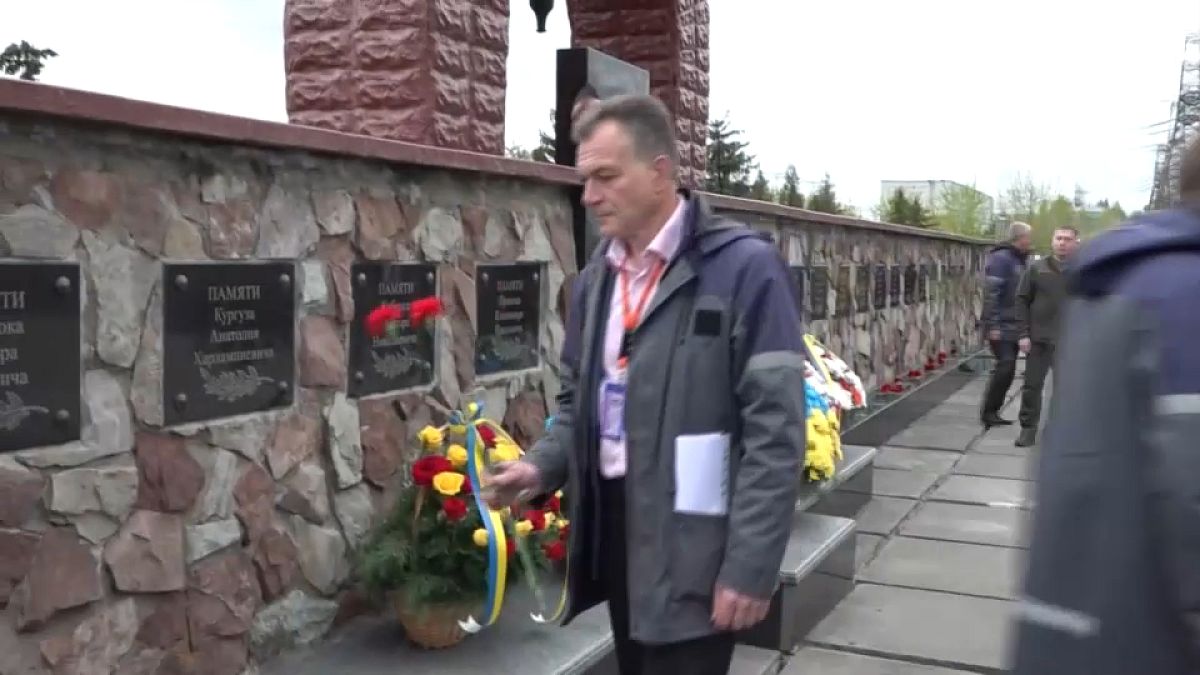
 World1 week ago
World1 week agoZelenskyy warns of Russian nuclear risks on Chernobyl anniversary
-

 Politics1 week ago
Politics1 week agoHouse Republicans brace for spring legislative sprint with one less GOP vote
-
Movie Reviews1 week ago
Challengers Movie Review
-

 World1 week ago
World1 week agoAt least four dead in US after dozens of tornadoes rip through Oklahoma
-

 Politics1 week ago
Politics1 week agoAnti-Trump DA's no-show at debate leaves challenger facing off against empty podium

